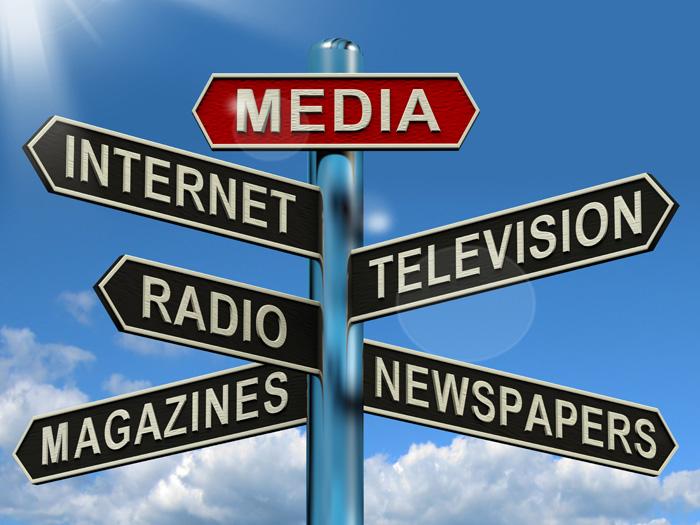Viewpoint: Is Media Educating the Masses or Fueling the Political Fire?
The functions of mass communication can either be manifest or latent.Post the Second World War, there was widespread interest in trying to understand the impact of mass media messages on society
November 2, 2016
In less than a week, the doors to over 100,000 polling stations will open and our nation’s next president will be chosen. This election has been filled with scandal, controversy and headlines that will be talked about for years following the inauguration. Every second of this election cycle has been covered and debated by the various media outlets. With 24-hour access to the presidential candidates, the question becomes this: is the media covering the issues of the campaign or are they racing to report the juiciest headline first? What quality news sources, if any, are available for voters to remained informed?
Never has there been so much as stake in the fight for viewership amongst the cable TV networks. FOX News alone reported more than 24 million viewers for the first presidential debate, a new record for televised debates. A Pew Research Center Survey found that 91% of Americans learn about the election weekly with 24% of that group reporting that cable TV news as the most helpful source. This is concerning given the fact that for cable networks to carve out their share of viewership, they must produce stories that grab people’s attention. Which headline do you think MSNBC would rather report? “Clinton’s Infrastructure Plan Calls for Cutting Pothole Tax” or “Jay Z Votes for Hillary Clinton”?
The second most popular source of news reported by the same Pew Research Center Survey was social media. Twitter specifically has played a massive role in informing voters, both for media outlets and the candidates themselves. With Trump and Clinton as the front runners, it should come as no surprise when we find that they were the most prolific candidates on Twitter during the nominations. Trump is now adding an average of over 30,000 followers a day and Clinton 20,000 a day. The presidential race has become a battle of wits in 140 characters or less. This format does not leave a lot of room for in depth discussion. Once again, the voters are the ones who suffer a lack of valuable information to form their decisions.
If mass media cannot be depended on for the facts, where should voters turn to get unbiased, informative updates on the election? For your 24-hour updates, it is unlikely you will find any source that doesn’t rely on some form of sensationalizing information. Politico.com, however, is a source that is respected by political insiders, staffers and reporters. If you want more in depth articles about the candidate’s policies, the Christian Science Monitor website is the best option. Don’t let the name influence you, it is a very well regarded news source that produces some of the most neutral content available. Another suggestion is to use Snopes.com for any fact checking and the PEW Research Center for any research that you may need to form your opinions.
No matter who is elected on Tuesday, the real winner of the 2016 presidential race is mass media. The main news outlets like CNN, FOX, MSNBC, and ABC have seen a massive boost to ratings during this election season. With an increase in viewership comes an increase in revenue for the television networks. Per Nielson Holdings PLC, a global information and data measurement company, the average price of a 30-second advertisement during the CNN presidential debate was $61,000. This is a 1,120 percent increase from the average prime time CNN advertisement. The media is there to make money, it’s a business. The focus is not on educating voters and we must take the initiative to educate ourselves on the candidates.






